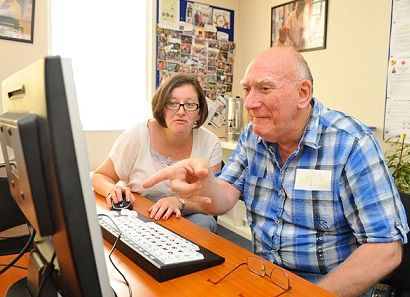The accepted wisdom is that it is predominantly young people who spend most of their waking hours online. However, when it comes to shopping, the over-60s are catching up fast.
An analysis of internet trading carried out by the online payment service DIBS reveals that 81 percent of Danes over the age of 66 are buying online. The figure for 55 to 65-year-olds is up at a whopping 88 percent.
“We can see massive growth in online purchasing by older people. This was also noticeable during the busy Christmas period, during which half the Danes over the age of 60 chose to buy one or more presents online,” said Henriette Høyer, the sales director of DIBS.
To put things in perspective, 63 percent of Danes over the age of 18 used the internet to buy Christmas presents.
Just phone it in
Danes have also embraced shopping through their mobiles. Last year 54 percent used their mobile to shop online. In the past, older people have been less keen on shopping this way, but last year 47 percent of those aged 55-65 used their mobile to shop – an increase of 28 percent over 2017.
The main attraction of online shopping to the elderly appears to be convenience and the possibility of easily comparing products and prices.
“The elderly are very price-conscious when they do business on the internet. When we’ve asked what prevents them going through with an internet purchase, 42 percent of the 66 to 74-year-olds say that the total price including delivery was too high,” said Høyer.
Popular items amongst older internet shoppers are health and wellness products, as well as books and food.















